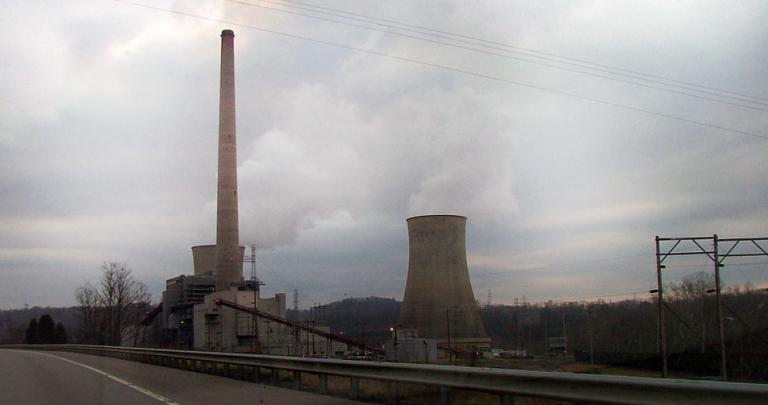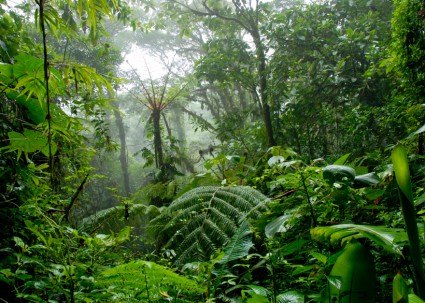 Over the last 20 years, a third of the forest cover on the Indonesian island of Sumatra — home to endangered tigers and orangutans — was destroyed. The clear-cutting of the rainforest helped make Indonesia the world’s fourth-biggest carbon emitter. And much of it was done in the name of paper — Asia Pulp & Paper, to be exact. But not anymore. From The Washington Post:
Over the last 20 years, a third of the forest cover on the Indonesian island of Sumatra — home to endangered tigers and orangutans — was destroyed. The clear-cutting of the rainforest helped make Indonesia the world’s fourth-biggest carbon emitter. And much of it was done in the name of paper — Asia Pulp & Paper, to be exact. But not anymore. From The Washington Post:
Asia Pulp & Paper, the third-largest pulp and paper company in the world, announced Tuesday that it is halting operations in Indonesia’s natural rain forests, a victory for advocates who have been negotiating with the company for the past year.
The Singapore-based company, which controls logging concessions spanning nearly 6.4 million acres in Indonesia, said it also has agreed to protect forested peatland, which stores massive amounts of carbon, and to work with indigenous communities to protect their native land. …
Aida Greenbury, the firm’s managing director for sustainability, said that a coalition of environmentalists, customers and some of the firm’s own employees had pushed for an end to native forest logging.
“We heard very loud and clear what they want us to do,” she said. “It is an investment for the sustainability of our business, not only an investment in the environment and the social impact we’re creating.”
Here’s more from the righteous rabble-rousers at Greenpeace, who worked with the World Wildlife Fund and the Rainforest Action Network to shove APP’s clear-cutters out of the forests:
Today’s victory was an amazing milestone in a 40-country, ten-year campaign. In the U.S., Greenpeace and WWF cut over 75% of APP’s market, largely through persuading Mattel, Hasbro, Lego, K-Mart, Staples, Kroger, and other companies to cancel their contracts with APP or refuse to enter into business with the company. RAN topped it up, persuading Disney to dump APP as well. In total, over 100 companies pulled away from APP. APP struck back, forming front groups to attack Greenpeace and WWF for our work together.
So a deal is great news, right? Well, maybe. As The Washington Post notes, it all depends on APP’s ongoing level of commitment.
Christopher Barr, executive director of the U.S-based forestry research firm Woods and Wayside International, said people should approach “what APP does with a healthy dose of skepticism. They have a history of setting sustainability targets that either get pushed back or don’t get met.”
Barr noted the firm is seeking to build a third pulp mill in Sumatra.
When asked whether she believed the new policy would boost the firm’s chances of getting the permit, Greenbury replied, “We hope so,” but she added that the company was doing it for broader reasons.
“It is our intention to set a new benchmark for the pulp and paper mill industry globally,” she said
By not destroying pristine rainforest and habitat for endangered animals? That would be a new benchmark indeed, APP.




